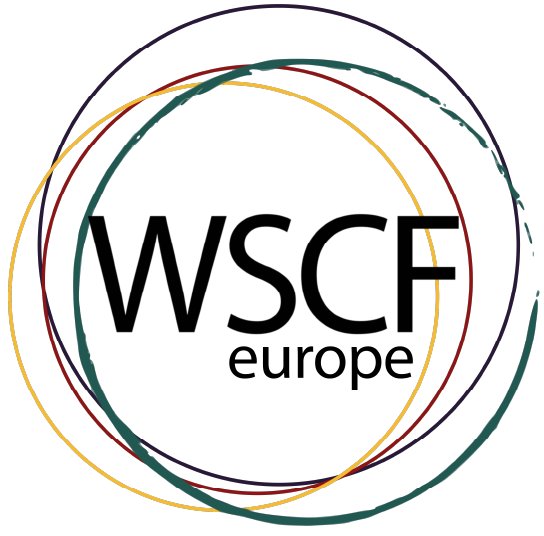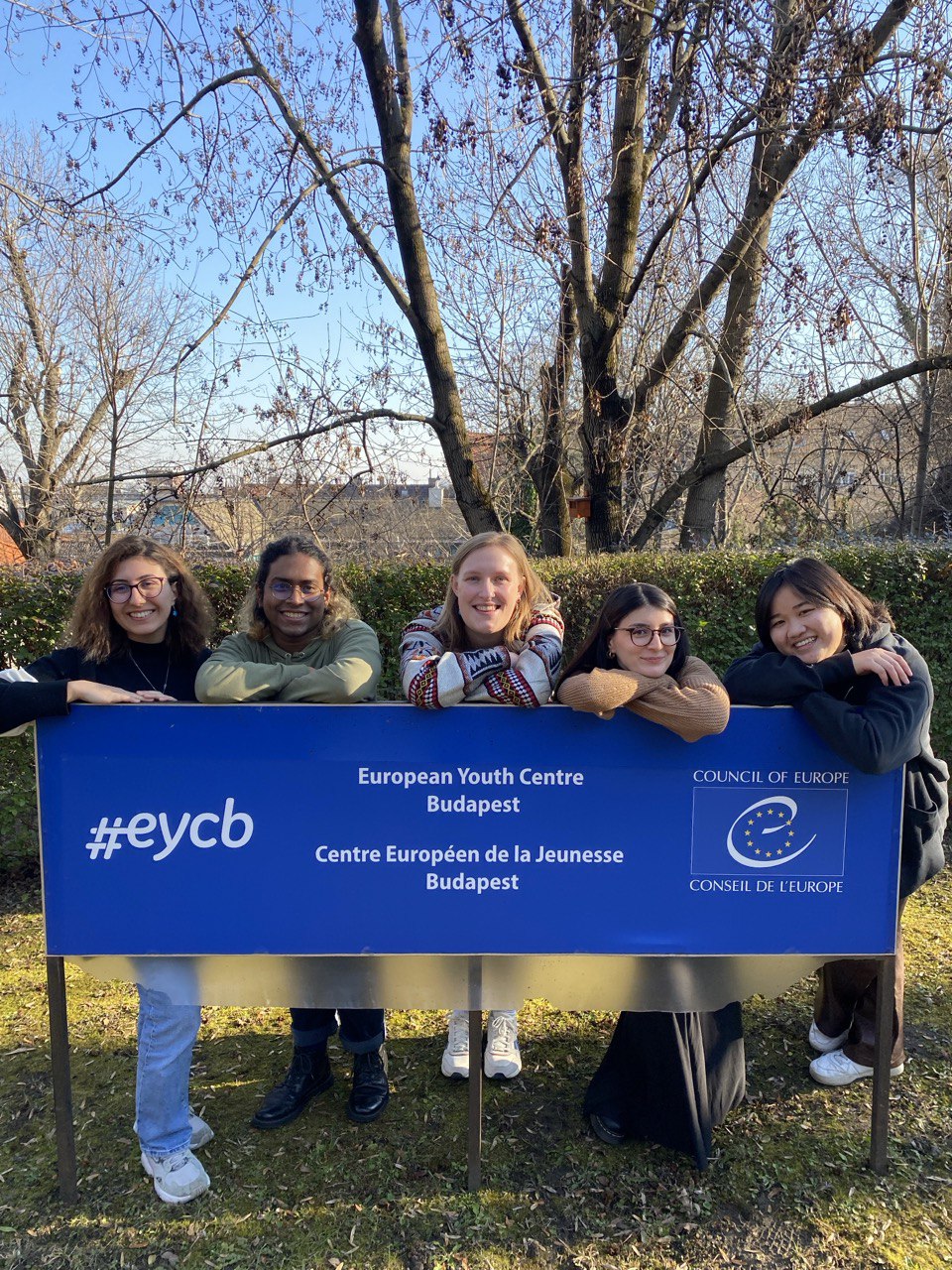From 29 January – 3 February, the European Youth Centre in Budapest hosted the 2024 training course on the Essentials of Non-Formal Education. WSCF-Europe was represented at this training course by our Chairperson, Henriette.
The course brought together 30 facilitators, youth leaders and team members who will be organizing study sessions this year at the European Youth Centres or international activities supported by the European Youth Foundation. The Participants were able to enhance their knowledge of and competences in non-formal education practices, familiarize themselves with the educational resources available to them and learn more about the standards of the Council of Europe. Over the course of a week-long training program, participants had the invaluable opportunity to exchange ideas, experiences, and best practices. We were able to share insights from WSCF-Europe of our ongoing projects, demonstrating the diverse ways in which non-formal education can empower youth and promote positive change. Furthermore, the participants explored the quality standards and guidelines established by the Council of Europe, acquiring a more profound comprehension of how to guarantee the efficacy and influence of their educational initiatives.
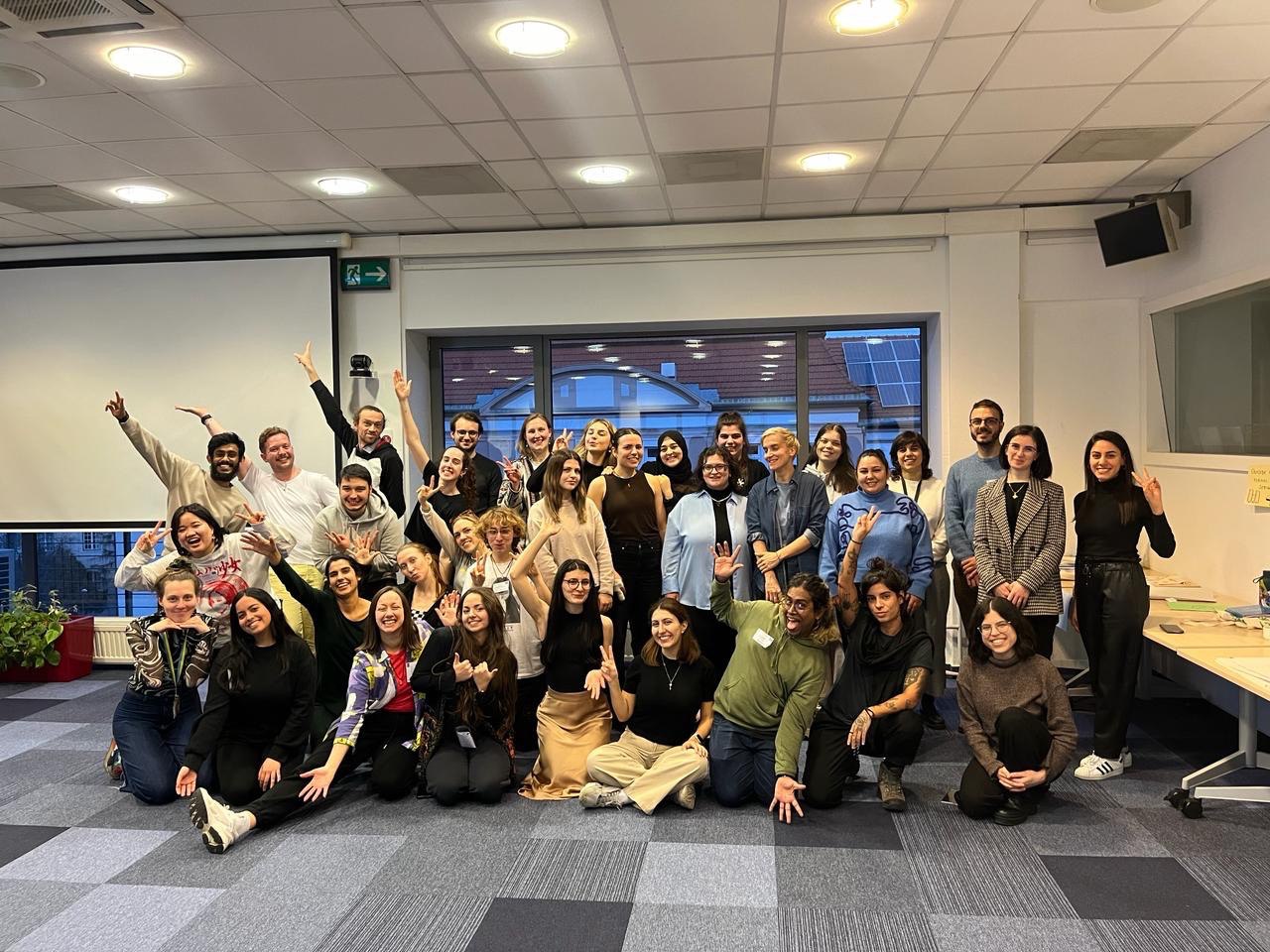
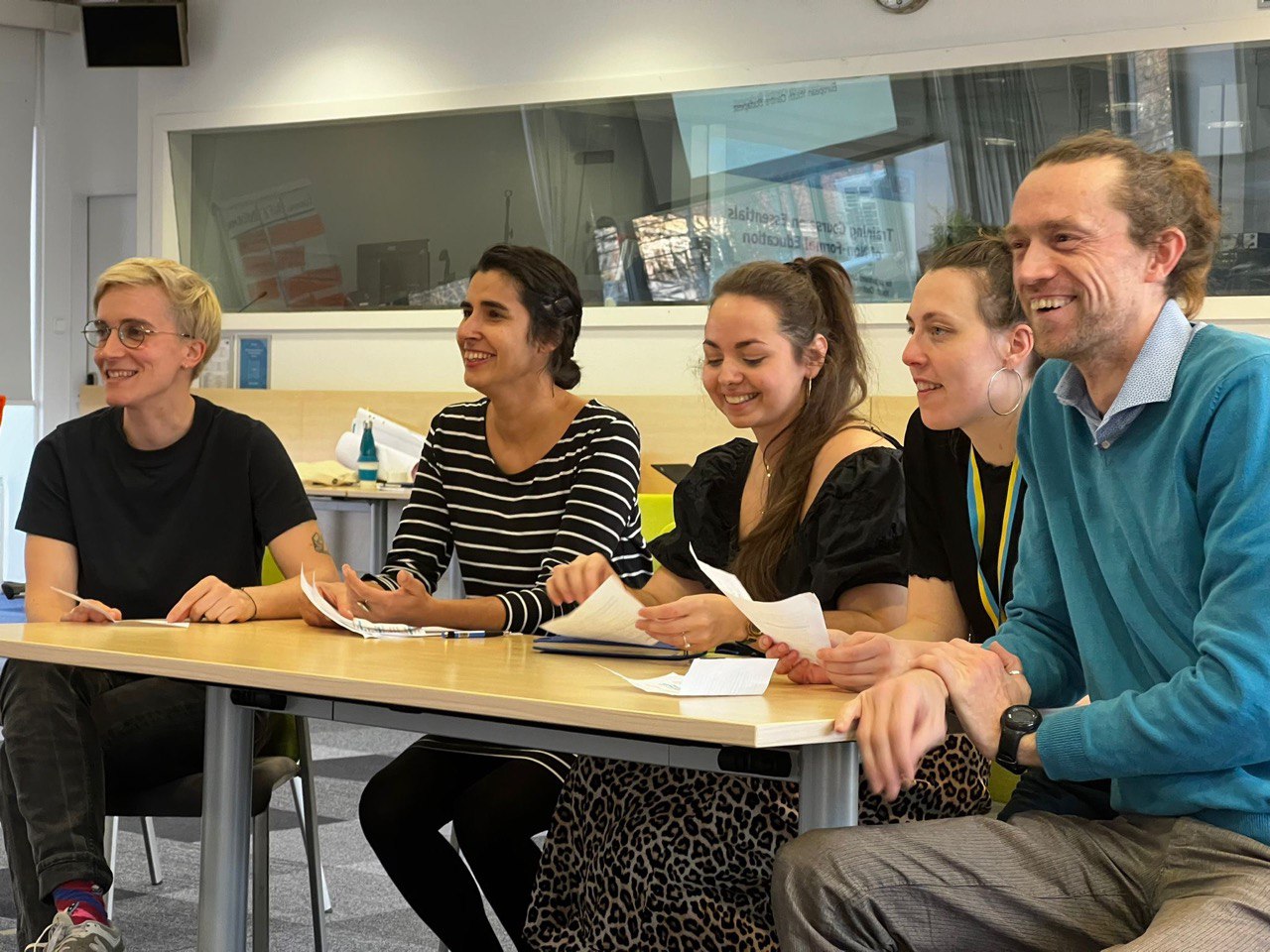
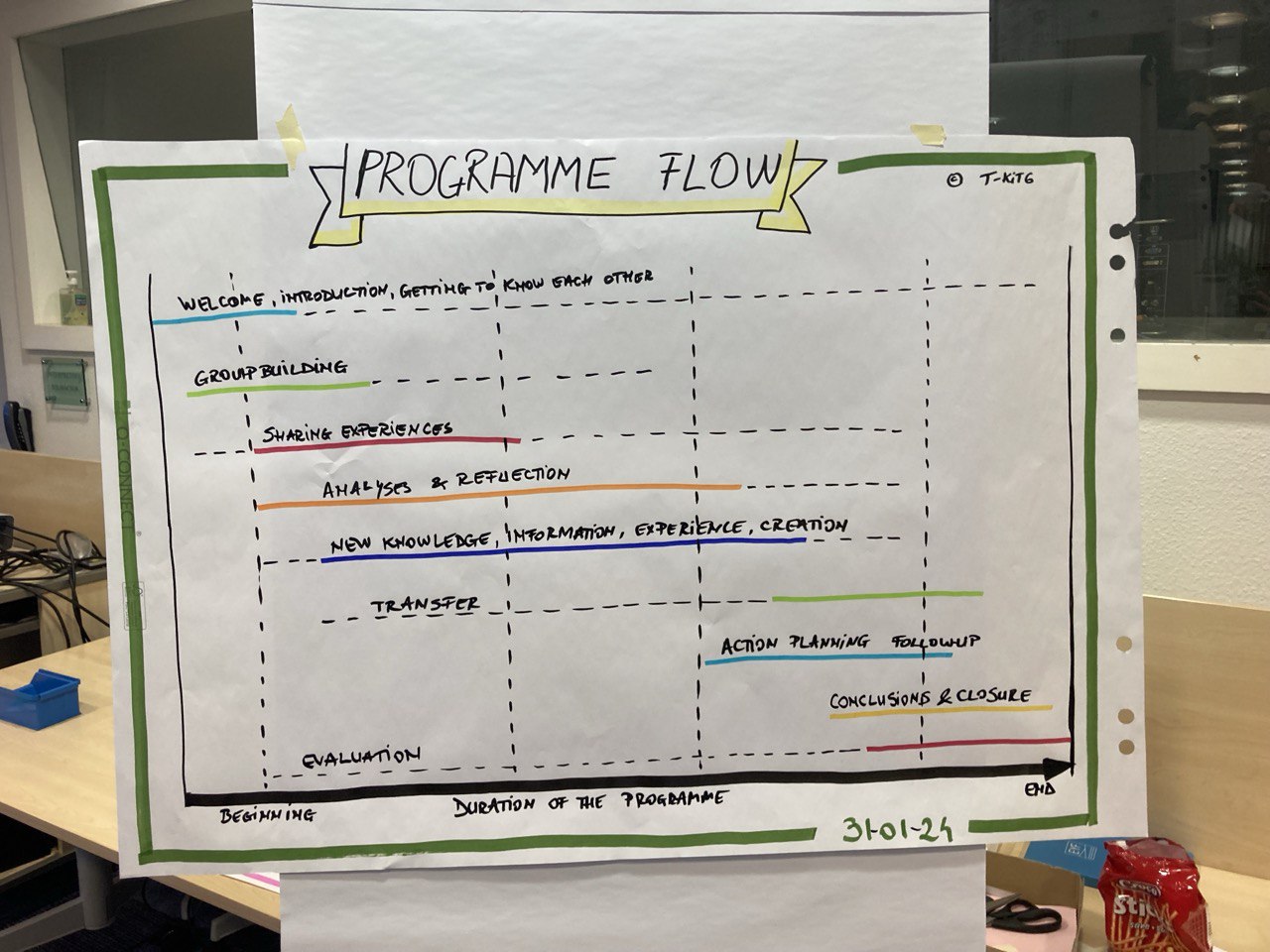
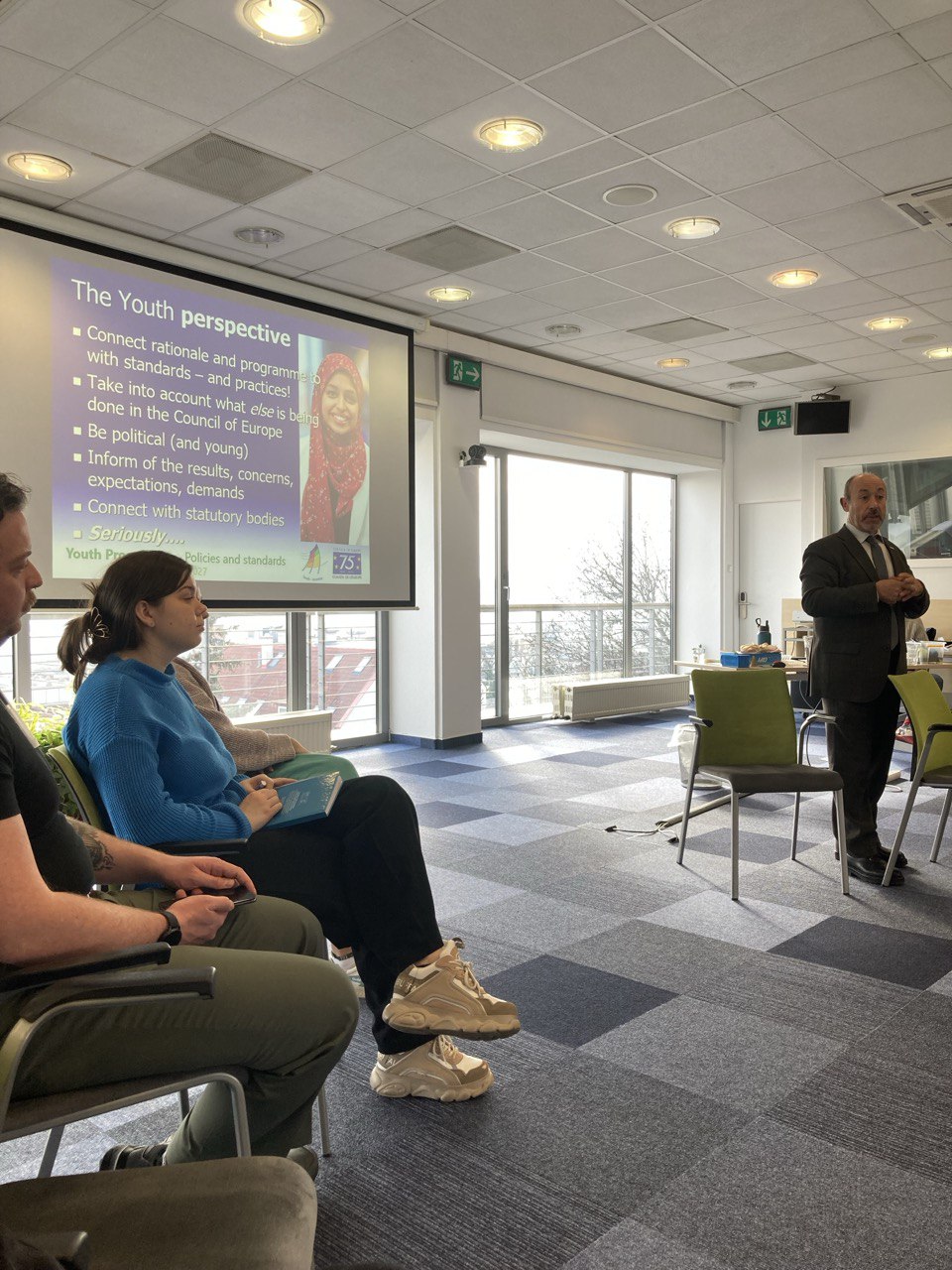
The training was organized by the Youth Department of the Council of Europe. The Youth Department has established a set of quality standards in non-formal education activities that relate to the function of intercultural non-formal activities with young people in promoting the right to human rights education, democratic citizenship and youth participation, peace-building and intercultural dialogue. Their quality standards concern context, partners, people, methods and different stages of the activity or project.
During the training Rui Gomes, the Head of Education and Training at the Youth Department, pointed out the importance of the youth perspective. One of the main objectives of the Council of Europe is to invest in a democratic future by ensuring that everyone is able to play their role. “Priority will be given to supporting the participation of young persons in democratic life and decision-making processes, including through education about human rights and core democratic values, such as pluralism, inclusion, non-discrimination, transparency and accountability in democratic processes” (Reykjavík Principles for Democracy – REYKJAVÍK DECLARATION ‘United around our values’).
